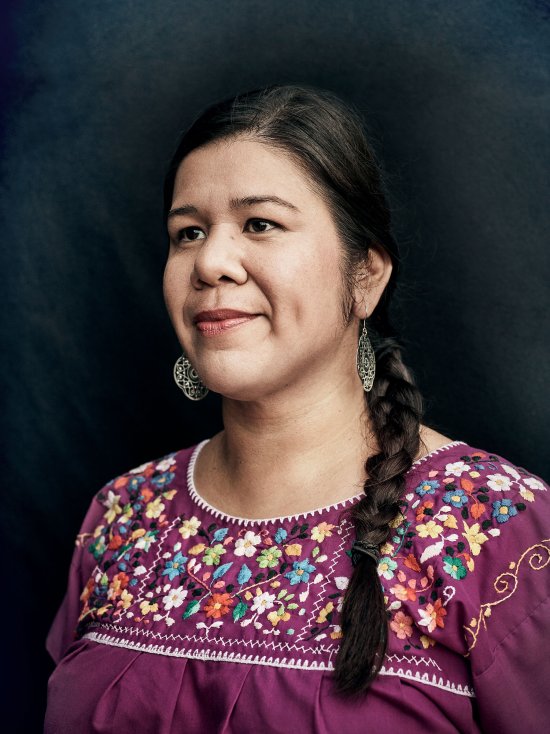
Throughout history, various movements have been carried out to eradicate inequality in society. As a result, the rights of people in blind spots, such as the rights of women and black people, are gradually receiving attention. However, there are still people in the blind spots of society who are suffering from inequality, being excluded from various systems and standards. One such group are migrant farm workers, especially migrant women farm workers. One person who conducts various activities to enable migrant women farm workers to live a better life is Monica Ramirez.
Monica Ramirez had an interest in migrant farm workers since she was born into such a family. According to the U.S. Department of Agriculture (USDA), approximately 73% of American agricultural workers were immigrants in 2020. Among these migrant farm workers, Monica Ramirez decided to work for migrant women farm workers after witnessing institutional inequalities in the agricultural industry, such as being excluded from safety standards, and wage inequality that made them particularly vulnerable. Monica established the Justice for Migrant Women in 2014, and improving the data collection of underprivileged workers, including female farm workers, is one of the policies that the project seeks to achieve during the Biden administration. According to Monica, research on the health risks of exposure to pesticide has been conducted based mainly on men, although women make up a quarter of farm workers. As a result, women are at greater risk in aspects of their reproductive ability, and even their children could be in danger due to the risk of exposure to pesticides. Pesticides can lead to poor birth outcomes such as, birth defects, developmental deficiencies, and childhood tumors. Monica says that the current federal safeguards are not enough to address the risks faced by women. The National Agricultural Worker Survey, conducted by the U.S. Department of Labor (DOL), collects demographic, employment, and health data through direct interviews with farm workers across the country. This data is important to lawmakers when making policies. Unlike other surveys conducted by DOL, however, the National Agricultural Workers Survey does not segment data by gender, so lawmakers are not adequately provided with the data needed to address the concerns of women working in agriculture. In addition, the Farm Labor Survey, conducted by USDA also prohibits the public from viewing gender-specific data. The survey is used to prepare the annual Farm Labor Report to help set workers' wages, and not being provided with gender information makes it difficult to identify wage gaps between migrant farm workers according to gender. Monica obtained the unanalyzed survey data from the USDA and analyzed the wage gap between male and female farm workers, but it was not enough to pinpoint the difference in wages since many employees pay women's income directly to the men to avoid paying additional taxes.
Monica is a figure who works for the better life of migrant women farm workers. She believes that transformative change will only happen when stories of inequality motivate others to fight for someone they do not know. CAH hopes that the day will come when all workers are treated equally regardless of gender, and supports Monica and her work.

